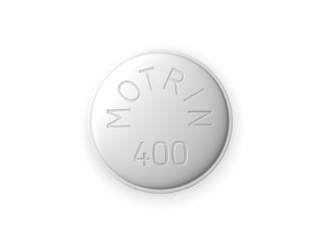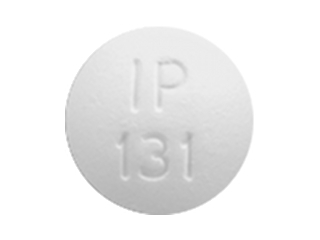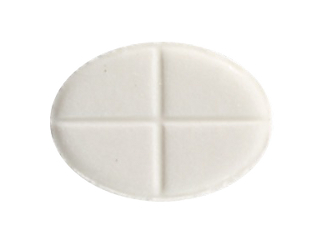Arthritis medications are drugs used to relieve symptoms and slow the progression of arthritis, a condition characterized by inflammation and stiffness in the joints. Here are some common types of arthritis medications:
Nonsteroidal anti-inflammatory drugs (NSAIDs): NSAIDs reduce inflammation and relieve pain associated with arthritis. They can be purchased over-the-counter or prescribed in higher doses by a doctor. Examples include ibuprofen (Advil, Motrin), naproxen (Aleve), and aspirin.
Disease-modifying antirheumatic drugs (DMARDs): DMARDs are used to slow the progression of certain types of arthritis, such as rheumatoid arthritis, by suppressing the immune system and reducing inflammation. Examples include methotrexate, hydroxychloroquine (Plaquenil), and sulfasalazine.
Biologic response modifiers (biologics): Biologics are a type of DMARD that target specific molecules involved in the inflammatory response. They are often used in cases of moderate to severe rheumatoid arthritis, psoriatic arthritis, and ankylosing spondylitis. Examples include adalimumab (Humira), etanercept (Enbrel), and infliximab (Remicade).
Corticosteroids: Corticosteroids, also known as steroids, reduce inflammation and suppress the immune system. They can be taken orally, injected into affected joints, or applied topically as creams or ointments. Examples include prednisone, prednisolone, and cortisone.
Analgesics: Analgesics are pain relievers that do not reduce inflammation. They are often used to manage arthritis pain in combination with other medications. Examples include acetaminophen (Tylenol) and tramadol (Ultram).
Topical treatments: Topical treatments such as creams, gels, and patches can provide temporary relief from arthritis pain and inflammation when applied directly to the affected joints. Examples include topical NSAIDs like diclofenac gel (Voltaren) and capsaicin cream.
Nutritional supplements: Certain nutritional supplements, such as glucosamine and chondroitin sulfate, are believed to help improve joint health and reduce arthritis symptoms in some people. However, evidence of their effectiveness is mixed, and they may not work for everyone.
It’s important to work closely with a healthcare professional to develop a treatment plan tailored to your specific type and severity of arthritis. Treatment may involve a combination of medications, physical therapy, lifestyle changes, and other interventions to manage symptoms and improve quality of life.































